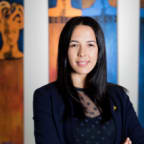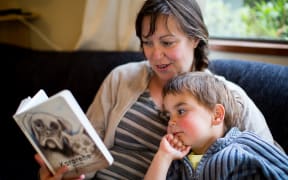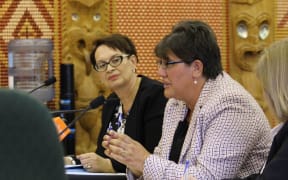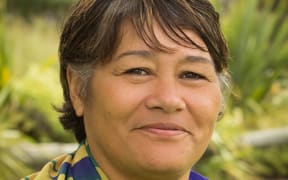A pilot programme has found playing certain computer games at school dramatically improved the reading skills of Māori boys.
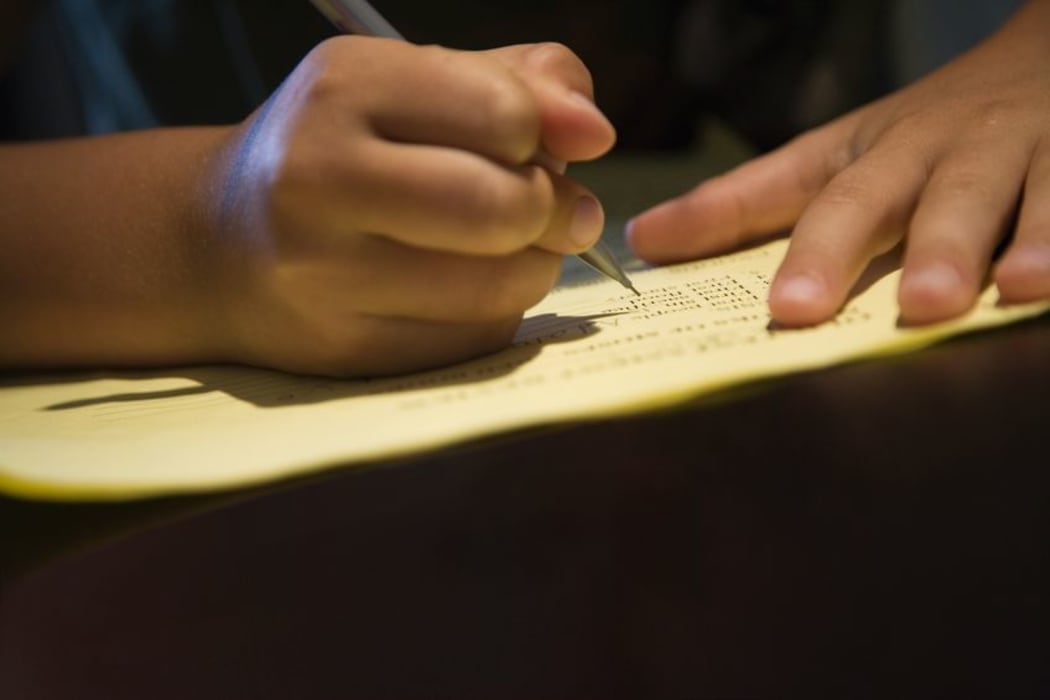
Photo: 123rf
Te Puni Kokiri trialled online learning tool FastForward, which trains the brain to learn faster, in 2014. It is still unclear whether the tool will be rolled out more widely.
Eighty-one Māori boys of all school ages took part in the six-month trial, which recorded an overall average reading age gain of two years.
There were also significant improvements in comprehension, and a spelling age gain of between eight and 12 months.
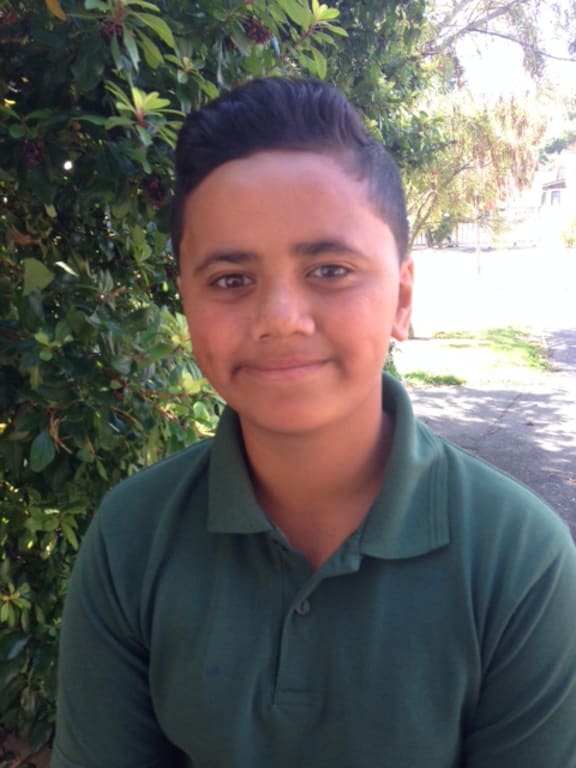
Gerald Pairama Photo: RNZ/ Leigh Marama McLachlan
Gerald Pairama, 12, was one of 14 boys at Tui Glen School in Stokes Valley who spent 30 minutes every day playing the computer games as part of the trial.
He liked the challenge of some of the games, he said.
"The first time I started doing it, it was kind of confusing, and then I started working my way through it and I started gaining a level... I improved my listening skills, what sounds I could hear and the spelling."
The school's National Standards reading data for the boys in the trial showed an improvement of 15 percent.
Tui Glen School principal Jessica Meates said the boys were motivated by being able to monitor their results and progress each week.
"For them, seeing the hard work that they were doing was paying off was hugely rewarding.
"The boys love getting online and using the computers but also they had their earphones each so they could focus on what they were doing."
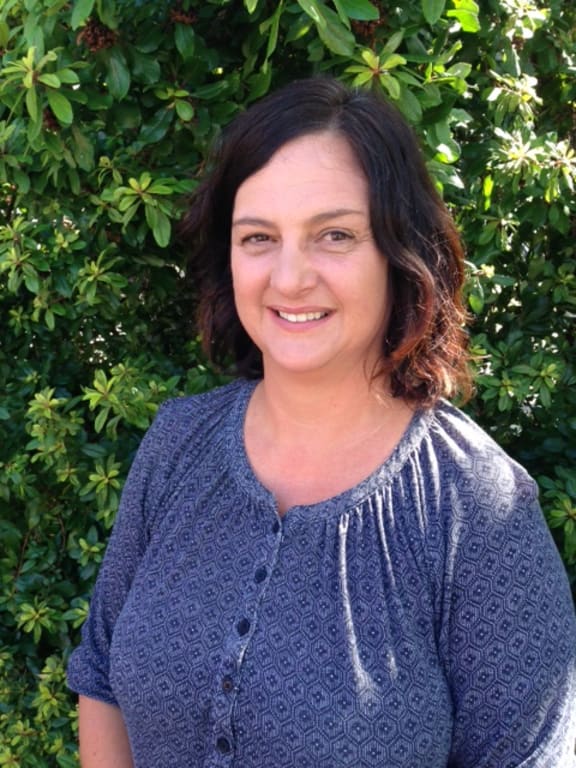
Kaipuke Consultants director Lisa Davies Photo: RNZ/ Leigh Marama McLachlan
Lisa Davies is the director of Kaipuke Consultants, which ran the pilot. She said the results were better than expected.
Poor literacy was a big barrier to Māori boys achieving NCEA Level 1 and introducing the programme at primary school level could improve their skills and self-esteem before they reached high school, she said.
Kaipuke Consultants released a report in January last year recommending expanding the programme to primary students to better prepare them for NCEA.
"We know that if you struggle and you don't achieve Level 1, obviously you can not go on, and your options after that are in alternative education programmes or leaving the education system altogether, which is not good for the potential of these young boys and their whanau or the wider community."
But more than a year on, there was no certainty that the pilot would be rolled out more widely.
In a statement, Te Puni Kokiri said it was delighted with the results but there were still questions about the tool's long-term impact - and it would cost $1600 per student for a 24-week course.
It was a smart investment to help Māori students reach their true potential, and outweighed the cost to society should they go down the wrong path, Ms Davies said.
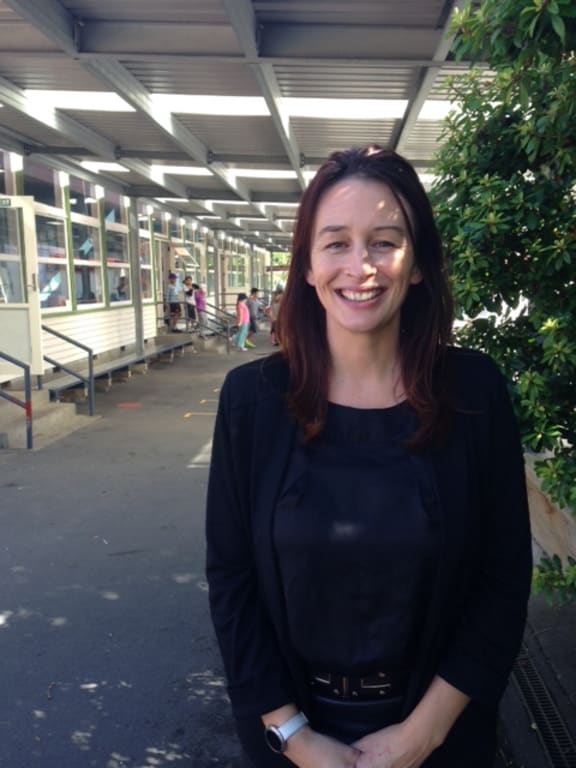
Tui Glen School principal Jessica Meates Photo: RNZ/ Leigh Marama McLachlan
Tui Glen School principal Ms Meates said the programme should be rolled out more widely.
"The programme is specific and the skills that they do in it are so well developed. The idea to re-implement it would make a huge difference for our students."
Gerald Pairama said he missed it too.
"I hope that we can do it again this year because it is my last year and I need to get better at my listening, because I have kind of fallen back and lost all the memories of that."
Te Puni Kokiri skills, learning and education manager Mary McCulloch said it was considering doing more research to assess whether the gains of the pilot had been sustained by those who participated.
It would work with the Ministry of Education to do that.
